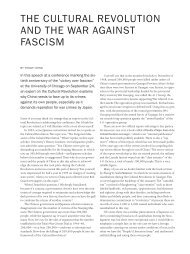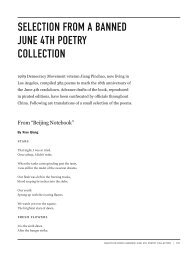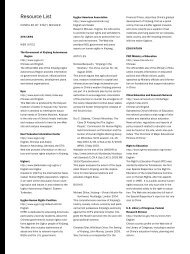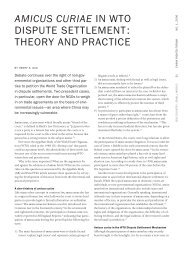STATE SECRETS: CHINA'S LEGAL LABYRINTH - HRIC
STATE SECRETS: CHINA'S LEGAL LABYRINTH - HRIC
STATE SECRETS: CHINA'S LEGAL LABYRINTH - HRIC
Create successful ePaper yourself
Turn your PDF publications into a flip-book with our unique Google optimized e-Paper software.
22 HUMAN RIGHTS IN CHINA <strong>STATE</strong> <strong>SECRETS</strong>: CHINA’S <strong>LEGAL</strong> <strong>LABYRINTH</strong><br />
Under the State Security Law and the Criminal Law, association or collusion with<br />
overseas individuals, organizations, or groups brings state secrets offenses within<br />
the scope of “endangering state security.” 88 Article 111 is an endangering state security<br />
crime, but includes the disclosing of any state secrets or intelligence, and in<br />
criminal proceedings against individuals, as in the case of Zhang Shanguang, the<br />
exact provision invoked is often unclear or changeable. And as seen in various<br />
cases, the information transmitted—or which has been attempted to be transmitted—does<br />
not necessarily need to be connected to intelligence or espionage. 89 Like<br />
other criminal offenses in the PRC, subjective and objective requirements must be<br />
met in order to establish the offense of illegally providing state secrets outside the<br />
country. Actual or successful transmission is not necessary to the determination of<br />
the crime, as long as the individual carried out one of the acts of stealing, gathering<br />
or procuring state secrets for individuals or organizations overseas.<br />
Especially Serious Circumstances<br />
Crimes of endangering state security, including that in Article 111 of the Criminal<br />
Law, are a particular subset of offenses eligible for the death penalty, as laid out in<br />
Article 113 of the Criminal Law. 90 These include the serious crimes of subversion,<br />
defecting to the enemy, sabotage, and espionage. Where “especially serious harm” is<br />
caused to the state as a result of the crime, the death penalty can be imposed. 91<br />
Some direction towards defining “especially serious circumstances” is given by the<br />
Supreme People’s Court in its Interpretation of Certain Issues, which considers:<br />
the nature of the secrets involved; the number of incidents; and the consequences<br />
of their disclosure.<br />
Any disclosure of “top secret” level secrets or of three “highly secret” state<br />
secrets to anyone outside the country constitutes “especially serious circumstances”<br />
and can be punishable by imprisonment of ten years to life, plus<br />
confiscation of property.<br />
The disclosure of state secrets or “intelligence” to anyone outside the country<br />
is considered to be a crime committed under serious circumstances if “especially<br />
serious harm” to state security or interests has been caused. 92<br />
Where the harm caused to the state and the people is considered to be “especially<br />
serious,” and where the circumstances of the crime are deemed be<br />
“especially reprehensible,” a death penalty can be imposed. 93<br />
Because the provision separates the disclosing of information from harm<br />
that results, it is clear that the “especially serious consequences” provision<br />
can be invoked regardless of finding objective harm. 94







